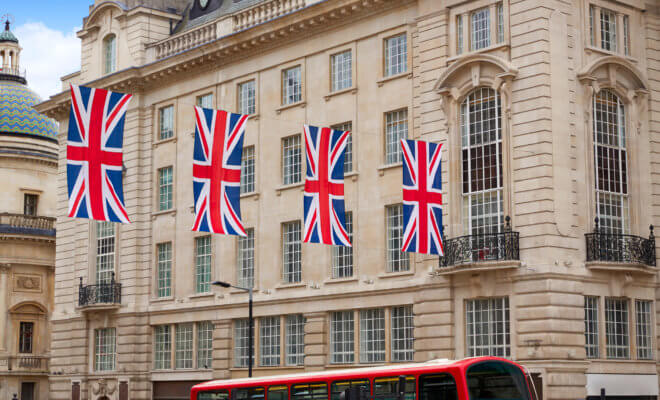Life
UK Decides Against Legislation for Caste-Based Discrimination

Representational Image
Photo: Bigstock
The United Kingdom government has decided not to include caste as an aspect of race in its Equality Act.
The United Kingdom government has decided against including caste as an aspect of race in its Equality Act 2010, which grants protection from discrimination. The government concluded on July 23 that caste-based discrimination can be covered under the emerging case law in the country.
“Having given careful and detailed consideration to the findings of the consultation, the government believes that the best way to provide the necessary protection against unlawful discrimination because of caste is by relying on emerging case law as developed by courts and tribunals,” the UK government’s Equalities Office said in its conclusion.
“We were not persuaded by the argument that introducing explicit legislation into domestic law was the most appropriate and proportionate way to provide the necessary legal protection against discrimination because of caste,” it added.
The “Caste in Great Britain and Equality Law – A Public Consultation” was launched last year to seek public opinion on ways to ensure “appropriate legal protection” against caste discrimination in the country.
The recent decision evoked sharp criticism from Dalit groups and human rights organizations in the United Kingdom.
“The government has sent a depressing message to the Dalit community that their cause is not important and they will continue to face discrimination with impunity,” Sat Pal Muman, chair of CasteWatchUK, was quoted as saying by PTI. “This clearly means the victims will not have any legal protection and have to go through expensive long-drawn legal battle to get justice,” he added.
“It is very disappointing that the Government has performed a U-turn on the decision to bring caste discrimination under equality law,” Dawn Butler, the Labour Party’s spokesperson on equality issues, said, the Hindu reported. “Caste-based prejudice and discrimination is a gross violation of human rights and must not be tolerated.”
The Anti-Caste Discrimination Alliance said that it was “outraged” by the decision against a law that was agreed upon by the parliament and supported by the Equalities and Human Rights Commission, as well as the United Nations, and told the publication: “This decision goes in favor of those who continue to practice caste prejudice in the UK.”
The decision was, on the other hand, welcomed by groups within the Indian community that had opposed a separate legislation for caste-based discrimination.
“We have worked hard to promote community cohesion for the last 20 years to unite all Hindu and Sikh communities, whatever caste, as one British Indian integrated community into the country’s evolving and dynamic culture,” Anil Bhanot, chair of the Ethnic Minority Foundation and Founding Member of Hindu Council UK, said, according to PTI.
“Such a legislation would have further divided our communities when our youth here have grown up not even aware of such caste identities. We do not condone any type of discrimination and there already are laws to protect people being discriminated under ethnicity of the Race Relations Act 1976.”
The House of Lords had, in 2013, voted in favor of including caste discrimination as a category in anti-racism laws, following campaigns by UK-based Dalit groups. The government then launched a 13-question public consultation process, which has now been concluded after over 16,000 responses were analyzed. A total of 8,513 responses called for a reliance on “case law” while 2,885 supported a separate legislation. However, the Equalities Office said that throughout the consultation, the government was clear that this should be a qualitative exercise and not a quantitative one.




You must be logged in to post a comment Login